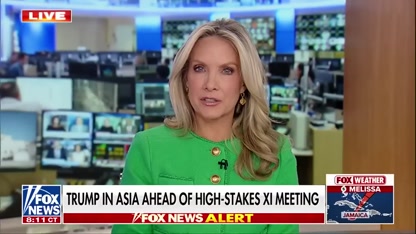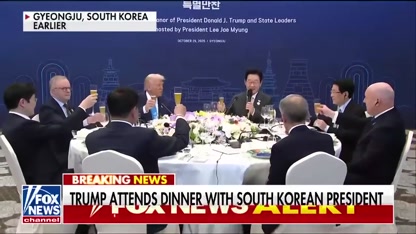
www.allsides.com
After Lee-Trump summit, South Korea’s $350 billion investment in the U.S. takes shape
U.S. President Trump landed in South Korea for a state visit and a packed summit with South Korean President Lee Jae-myung Wednesday in the southeastern city of Gyeongju.
The latest stop on his five-day Asia tour came one day after his meeting with Japanese Prime Minister Sanae Takaichi in Tokyo and one day before his high-stakes summit with Chinese President Xi Jinping.
Gyeongju, the historic capital of the ancient Silla Dynasty, known today as an “open air museum,” is the host of this week’s 2025 Asia-Pacific Economic Cooperation summit.
South Korea ensured vibes were upbeat.













 Bitchute
Bitchute